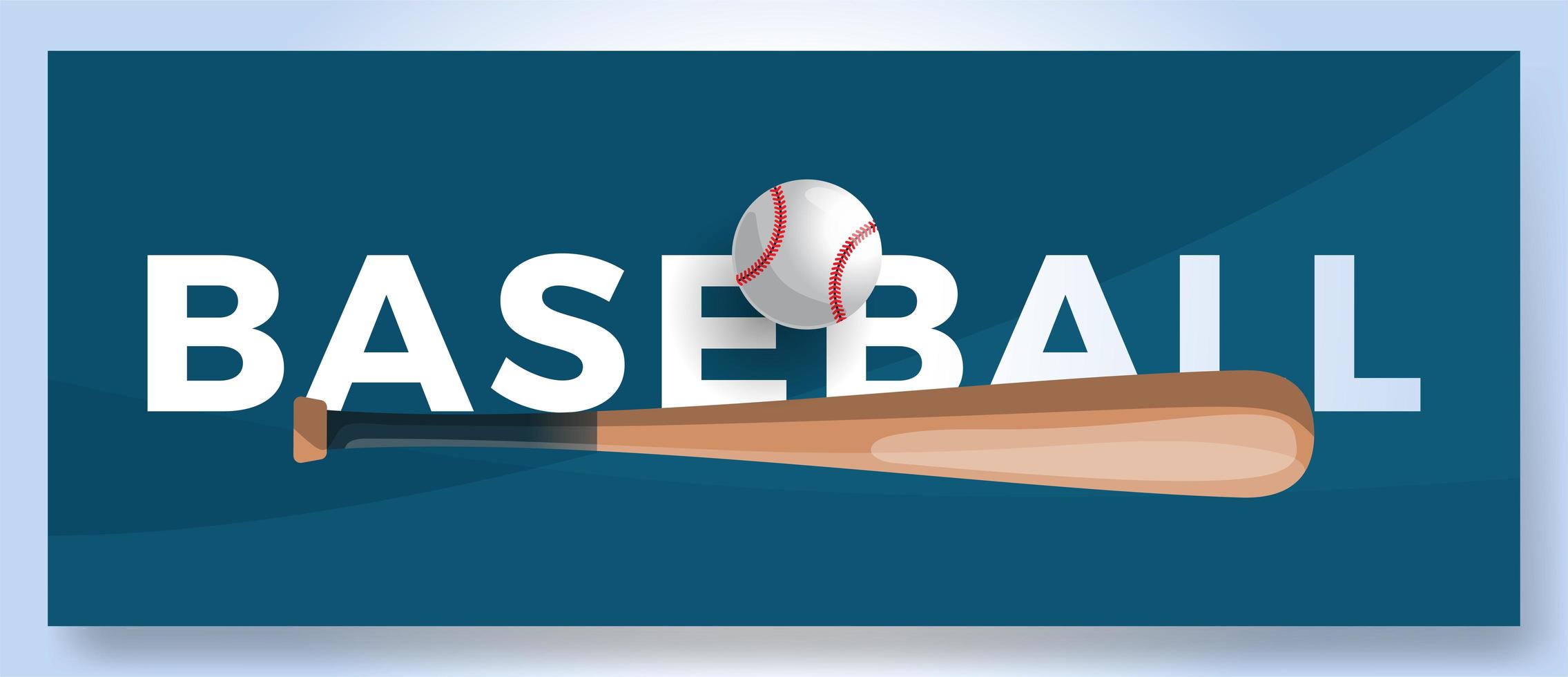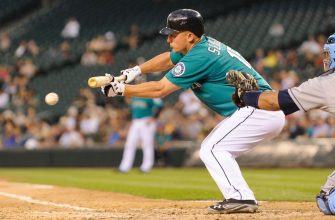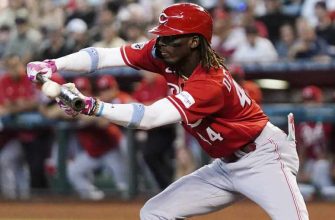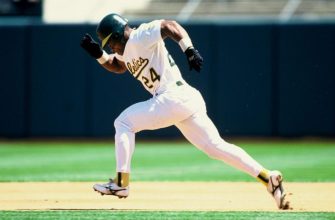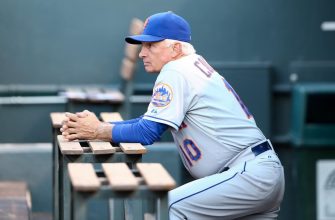Baseball, often referred to as America’s pastime, is a sport that captivates with its intricate plays and moments of sheer brilliance. If you’ve ever dreamt of standing on the pitcher’s mound or hitting a home run, this guide is your playbook for becoming a formidable baseball player. Let’s dive into the steps, strategies, and dedication required to master the diamond.
Play Baseball From a Young Age

Playing baseball from a young age can help develop the skills needed to reach the majors. Joining little league teams as early as 4-5 years old allows kids to learn fundamental baseball skills like throwing, catching, hitting, and fielding. Being on teams at a young age also develops key athletic abilities like hand-eye coordination, reaction time, and speed.
In addition to little league, consider playing travel baseball and entering tournaments. Travel teams play against talent from other regions and allow players to gain experience against tough competition. Tournaments like Cooperstown provide national exposure. Focus on refining fundamental skills in game situations rather than just drills.
Playing consistently from a young age establishes muscle memory for skills like throwing, hitting a ball, and fielding grounders. It also develops the athleticism needed to excel as baseball demands increase with age. With proper training and repetition starting before age 10, players gain a strong foundation to build on through high school, college, and the pros.
Improve Your Skills
To make it to the major leagues, you need to continually work on improving all aspects of your baseball skills starting at a young age. Take lessons and attend camps focused on improving specific skills like hitting, fielding, throwing, catching, and pitching. Work on drills and conditioning exercises to boost your speed, agility, strength, and stamina.
Focus on fundamentals like proper throwing, fielding and batting mechanics. Master the basics before moving on to more advanced skills. Take a lot of swings and practice your swing mechanics. Work on having quick hands and a short, compact swing. Field hundreds of ground balls to improve your glovework. Do long toss drills to build arm strength and improve your throwing accuracy.
Add baseball-specific exercises like squats, lunges and trunk rotations to your workout routine. Develop your cardiovascular fitness with sprints, distance running and agility drills. Focus on explosive power in your hips and legs. Maintain core stability and rotational strength. Stay flexible to avoid injury. Mastering all these key baseball skills requires never-ending dedication and practice.
Play High School & College Baseball
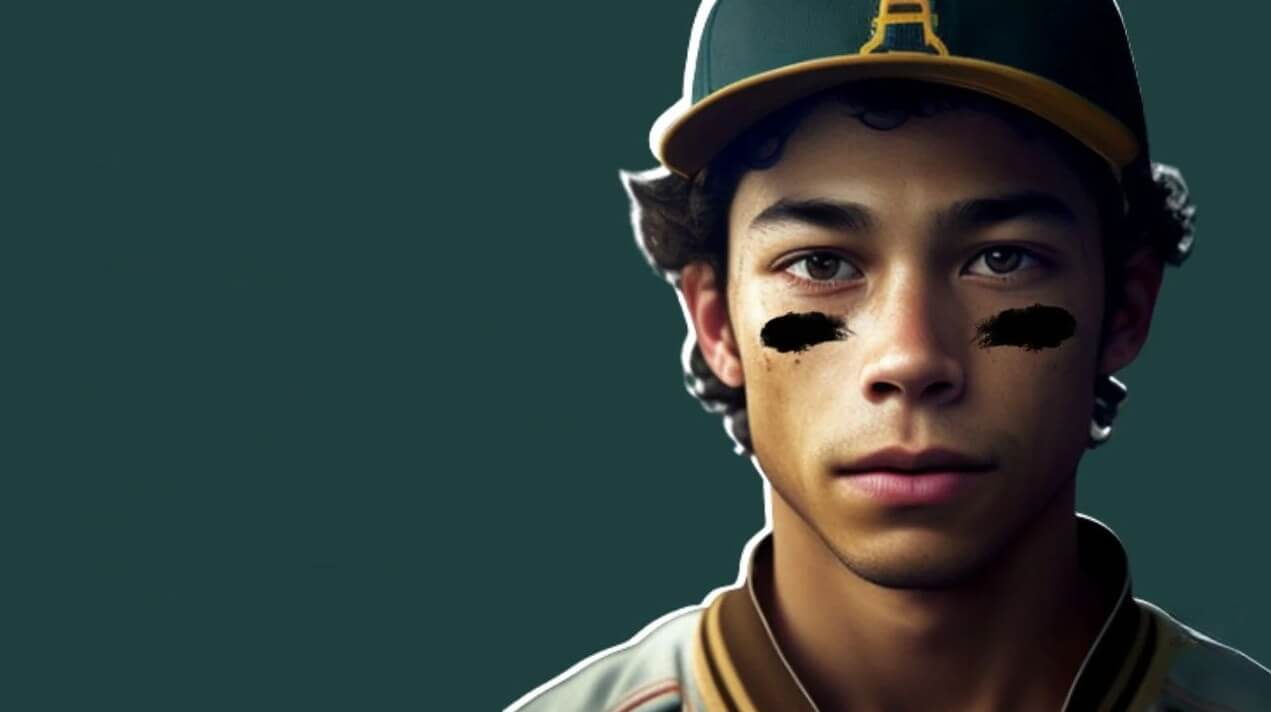
Making a high school baseball team as a freshman sets you on the path to developing your skills against tough competition. Focus on making the junior varsity or varsity squad each year in high school. Play summer travel baseball as well to get exposure to college recruiters.
If your grades aren’t strong enough for a Division 1 college, consider starting at a junior college. About 21% of MLB players in 2020 came from junior colleges. After one or two years, you can transfer to a four-year college program.
Getting recruited by college programs starts early. Attend prospect camps before your sophomore year to get on coaches’ radars. Commit to a college by late junior year or early senior year. There are over 500 college baseball programs in NCAA Divisions I, II and III. aim for the most competitive level possible.
In college, keep developing against top competition. College players use wood bats instead of aluminum like in high school. Get used to swinging wood bats to prepare for the pros. Only about 10.5% of college seniors get drafted by MLB teams. So focus on impressing scouts every season.
Get Drafted
The goal for most young baseball players is to get drafted into the MLB. The MLB draft occurs every summer and is the primary way players enter professional baseball.
Players are eligible for the draft after high school or after their junior or senior year of college. The typical path is for top high school players to commit to a Division 1 college baseball program. This allows them to develop their skills and gain exposure to scouts over 3-4 years of college baseball.
During a player’s draft-eligible year, they participate in workouts and scouting events to showcase their abilities. The main scouting event is the MLB Draft Combine, where players demonstrate their skills in front of scouts. Players can also do individual team workouts.
As the draft approaches, elite players may consider hiring an agent to advise them through the process. The agent can evaluate a player’s draft stock, negotiate contracts, and handle communications with teams.
On draft day, players wait to hear their name called. The MLB draft lasts 40 rounds, with teams taking turns selecting players. Once selected, players negotiate a contract with the drafting team and begin their professional baseball career.
Develop in the Minor Leagues
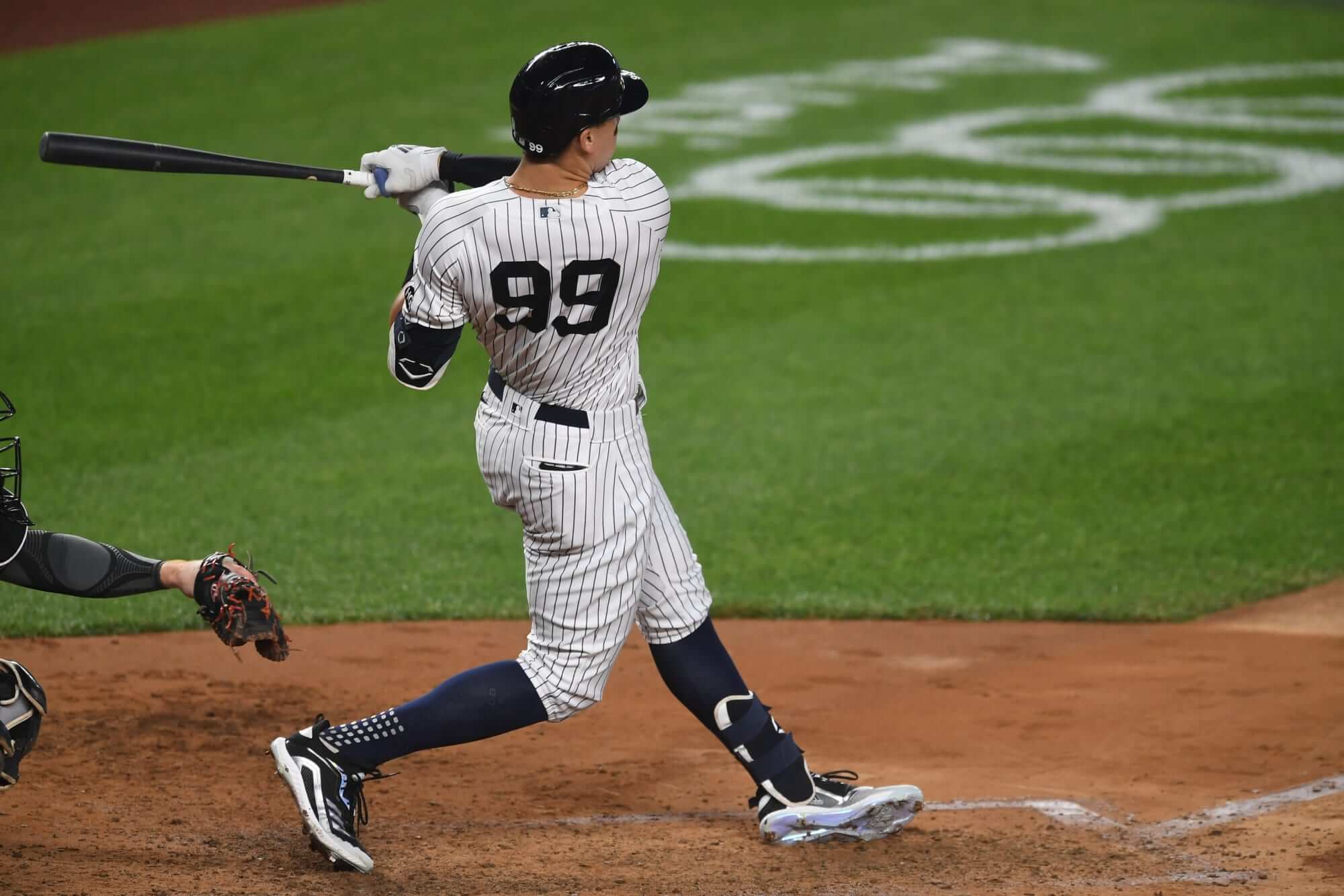
After being drafted, players start their professional careers in the minor league system. The minors consist of several levels, with Rookie ball being the lowest followed by Single-A, Double-A, and Triple-A. Players typically start in Rookie ball and aim to advance through the higher levels.
The key goals in the minors are continuing to hone your skills with coaching and putting up strong statistics to get called up to the majors. It usually takes 3-5 years for players to advance through the system, but can take longer depending on performance. Some players may only spend one season in the minors before getting called up, while others may toil for over a decade before making their MLB debut.
During their time in the minors, players participate in spring training and the regular season with their assigned minor league club. They work closely with coaches to keep sharpening their skills both offensively and defensively. The ultimate aim is to perform well enough to get added to the 40-man MLB roster and called up. Players have to consistently demonstrate that they are ready to contribute at the big league level.
The minor league schedule has a 140 game regular season, so there are plenty of chances for players to showcase their abilities. Prospects need to produce solid batting averages, hit for power, drive in runs, pitch well and stay healthy. Baseball is a game of adjustments and development – spending quality time refining in the minors sets players up for success in the majors.
Make the Major League Roster
After years of development in the minor leagues, the ultimate goal is to make the major league roster. Getting invited to MLB spring training is the first step, as it provides the opportunity to showcase your abilities against big league talent. Only around 10% of minor leaguers ever reach the majors, so spring training is crucial for a prospect to stand out and earn one of the limited spots on the opening day roster.
The competition will be fierce, as both prospects and veterans compete for roster spots during spring training. A standout performance could earn you a place on the team right away. However, even if you don’t make the opening day roster, starting the season at AAA and waiting for a mid-season call-up is a common path for prospects. Getting invited back to spring training the next year provides another chance to win a major league job. Consistently good performance in the high minors means you’re on the cusp of reaching your dream of becoming a major league player.
Establish Yourself in the Majors
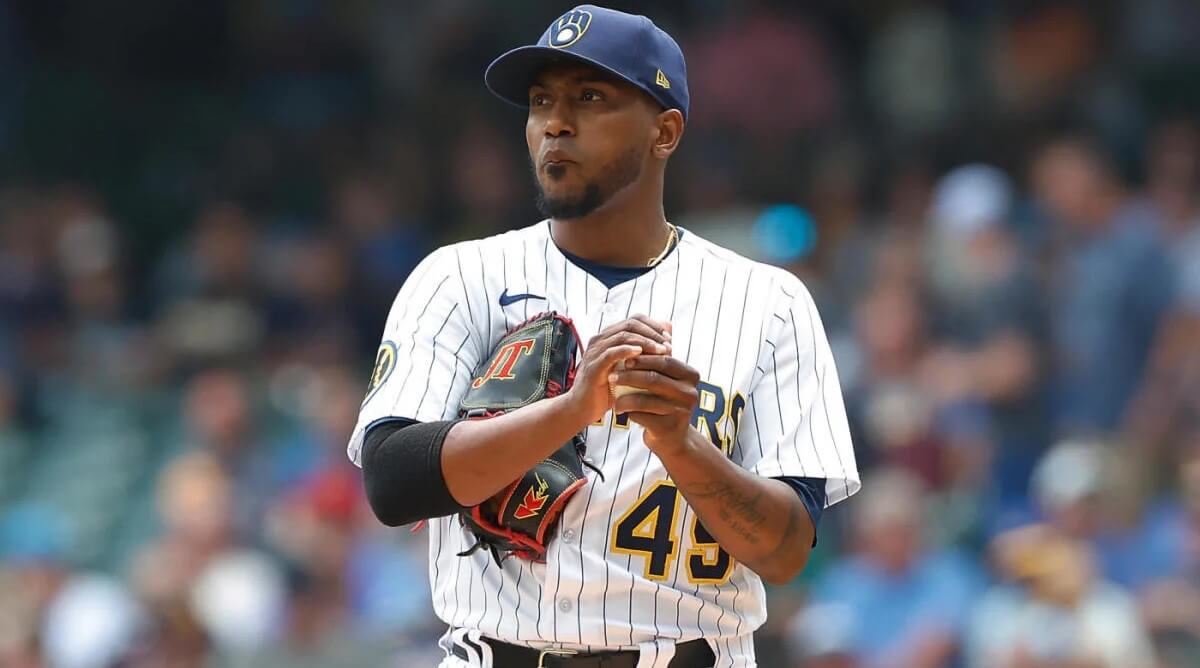
To establish yourself as a major league player, you’ll need to earn consistent playing time. Teams want to see what you can do on a regular basis against top competition before deciding you are ready for a starting role.
Keep working hard to improve your skills. The competition is intense in the big leagues, so you can’t let up on your training and preparation. Take advantage of coaching and keep adjusting your approach as needed. Study opposing pitchers and batters to identify weaknesses you can exploit.
Build strong relationships with your coaches and teammates. Show you are a team player who hustles, plays hard, follows instructions, and supports others. Being a good teammate on and off the field will earn you respect in the clubhouse.
Stay focused each season on having quality at bats, making plays, and winning games. Consistency, development, and chemistry over multiple seasons are key to establishing yourself as a successful major league player.
Stay Healthy
As a professional baseball player, staying healthy and avoiding injuries is crucial for sustaining a long career. Follow injury prevention and recovery best practices to avoid common baseball injuries like torn labrums, rotator cuff tears, and elbow injuries. Work closely with trainers and medical staff to develop strength, flexibility, endurance and ensure proper mechanics. Take care to get adequate rest and recovery between games, practices and workouts. Maintain fitness and conditioning year-round, even during the offseason, to prevent injury when ramping back up.
In addition to physical health, pay close attention to mental health as well. Seek support if feeling burnt out or overly stressed. The lifestyle of a professional athlete can take a toll, so utilize healthy coping strategies and connect with teammates. Always remember that life continues beyond baseball. Keep perspective on what truly matters most.
Handle the Lifestyle
As a professional baseball player, you’ll need to learn to deal with immense pressure, fame, and public scrutiny that comes with being in the spotlight. It can be extremely difficult to cope with the media attention, high expectations from fans, hefty contracts, and other factors that professional athletes face. You’ll need to develop thick skin and learn techniques to block out distractions in order to focus on your performance.
It’s also important to find a healthy balance between your baseball career, family life, and interests outside of sports. The traveling schedule and time commitment required for baseball makes it challenging to spend quality time with loved ones. Be sure to communicate with your family, carve out dedicated family time when possible, and keep them involved in your career. Pursuing hobbies and activities outside of baseball, like furthering your education, can help you develop as a well-rounded individual. The lifestyle of a pro player brings many unique challenges, but with the right coping strategies and balance, you can thrive on and off the field.
Plan for Life After Baseball

The career of a professional baseball player is relatively short, with the average MLB career spanning just 5.6 years. So it’s important for players to prepare for a career after baseball while they are still active in the game.
Complete education and explore other interests
- Take advantage of education programs offered by the MLB and MLBPA to complete a college degree. This opens up more job opportunities after baseball.
- Explore hobbies, volunteer work, internships, and other interests during the offseason to identify fulfilling second careers. Many MLB players have transitioned into coaching, broadcasting, business ownership, writing, or community service roles.
Save and invest earnings wisely
- Work with a financial advisor to create a savings and investment strategy. Players should aim to save at least 50% of their MLB earnings.
- Avoid unnecessary spending and luxuries. Live below your means during peak earning years.
- Invest conservatively in low-cost index funds, bonds, real estate, etc.
Develop skills for post-playing career
- Identify transferable skills from baseball like leadership, public speaking, teaching, etc.
- Take additional classes or training to build skills in a desired field like broadcasting, coaching, business, etc. Many MLB teams offer development programs.
- Gain work experience during the offseason through internships, shadowing, or part-time jobs.
- Network extensively to establish connections and opportunities for a post-baseball career.
Proper planning and preparation will help players transition smoothly into a fulfilling and financially stable career after their playing days.
FAQs
How often should I practice to become a skilled baseball player?
Consistency is key. Aim for regular practice sessions, incorporating skill drills, fitness routines, and simulated game scenarios.
What gear do I need to start playing baseball?
Basic gear includes a glove, bat, helmet, cleats, and a baseball. As you progress, you may invest in additional equipment based on your position and preferences.
Can I become a baseball player if I start late?
Absolutely. While early exposure is beneficial, dedication and focused practice can lead to significant skill development at any age.
Conclusion
Becoming a successful baseball player is a journey that requires a blend of passion, dedication, and skill development.
